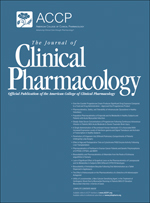
“Medical marijuana is increasingly prescribed as an analgesic for a growing number of indications, amongst which terminal cancer and multiple sclerosis.
In this study we aimed to investigate the immune-cell modulatory properties of medical cannabis.
Healthy volunteers were asked to ingest medical cannabis, and kinome profiling was used to generate comprehensive descriptions of the cannabis challenge on inflammatory signal transduction in the peripheral blood of these volunteers.
Results were related to both short term and long term effects in patients experimentally treated with a medical marijuana preparation for suffering from abdominal pain as a result of chronic pancreatitis or other causes.
The results reveal an immunosuppressive effect of cannabinoid preparations via deactivation of signaling through the pro-inflammatory p38 MAP kinase and mTOR pathways and a concomitant deactivation of the pro-mitogenic ERK pathway. However, long term cannabis exposure in two patients resulted in reversal of this effect.
While these data provide a powerful mechanistic rationale for the clinical use of medical marijuana in inflammatory and oncological disease, caution may be advised with sustained use of such preparations.”
https://www.ncbi.nlm.nih.gov/pubmed/28174520
http://journal.frontiersin.org/article/10.3389/fnmol.2017.00014/full








